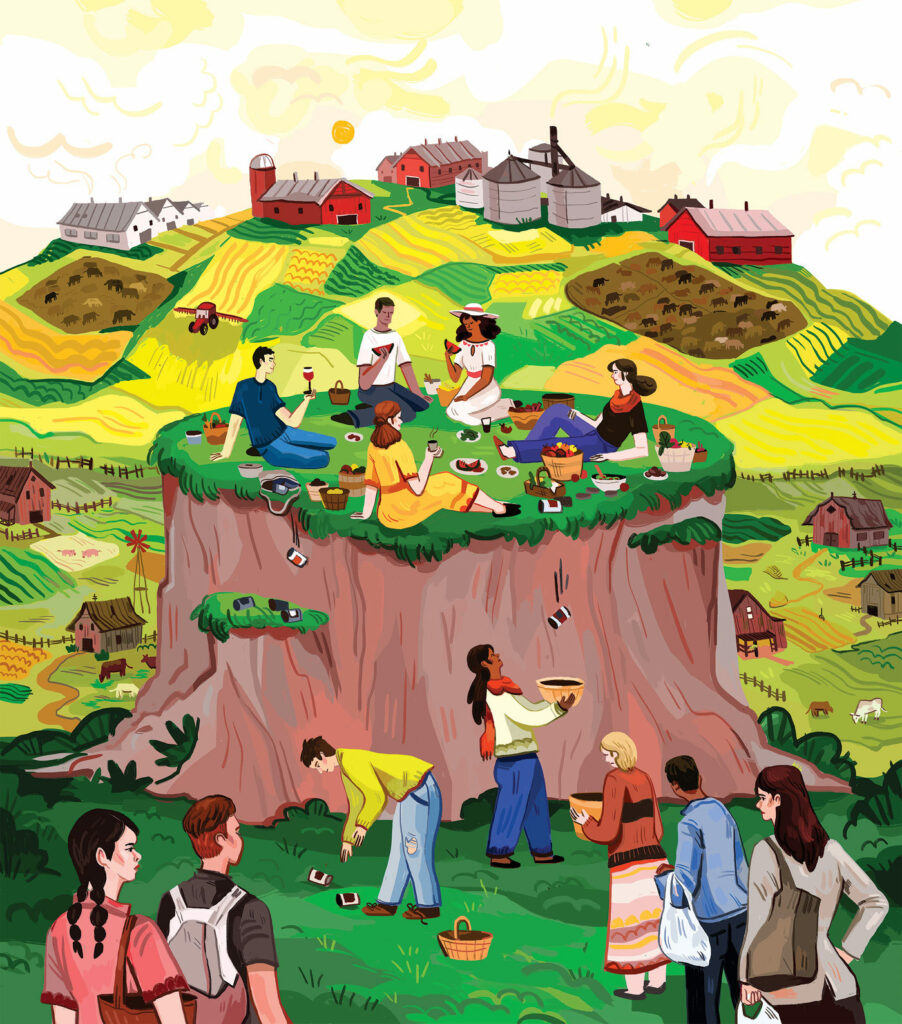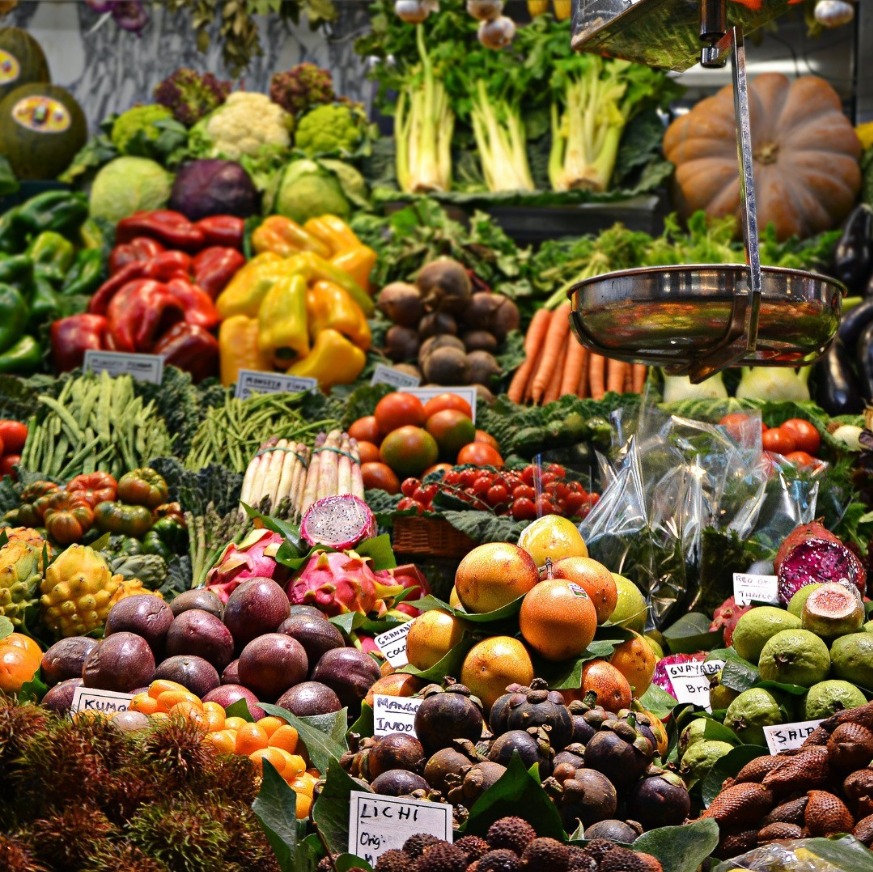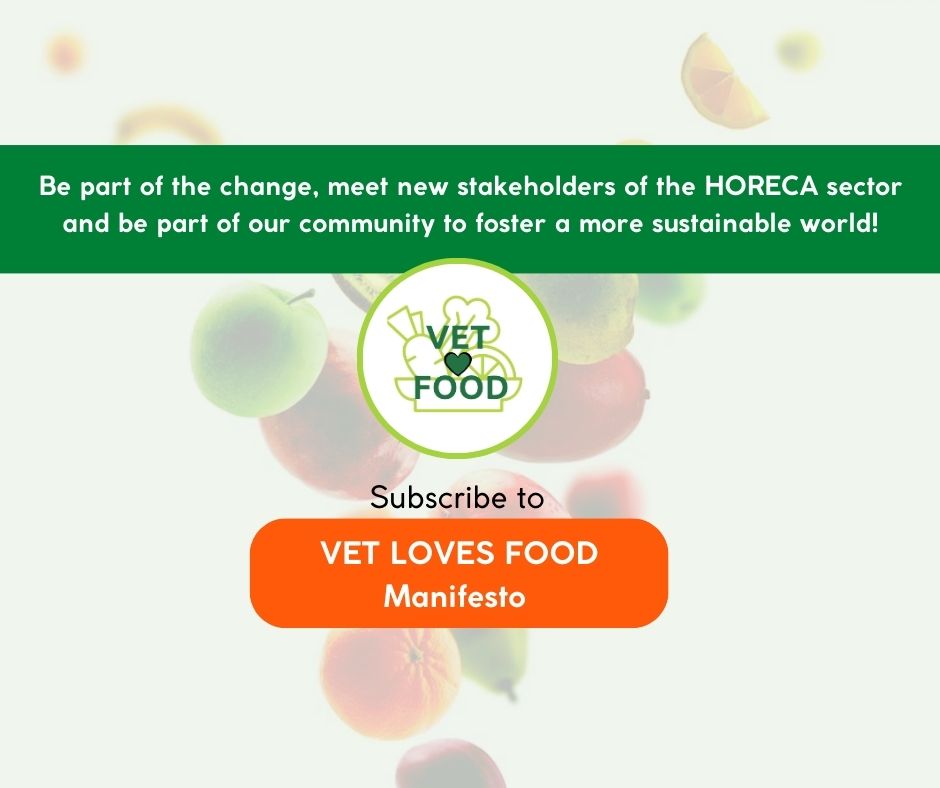We all require food for general well-being. Diets originating from inefficient food systems are now a key risk factor in the worldwide illness burden.
The global food system is already putting pressure on ecosystems that are critical to our food supply and diet.
Food production is the largest generator of greenhouse gases in our environment, as well as the largest user of water resources.
However, by 2050, the global population is predicted to reach a record, raising food consumption, and putting unprecedented strains on the environment, natural resources, and ecosystems.
This debate is about promoting individual and public health, protecting the environment, ensuring economic well-being, minimizing animal suffering, providing equitable access to farmland, respecting individual freedoms and cultural traditions, fostering collective control over food and agricultural policy, and engaging an active citizenry in food social movements.
This highlights the importance of paying close attention to the ethics of the existing of the global food system and recommendations to reform it.

Several nutrient-rich foods are either too expensive or inaccessible in food shortages. While both consumers and physicians have time constraints, some researchers believes physicians may play a significant role in promoting healthy meals, by suggesting that these professionals should become advocates for making nutritious foods more accessible and affordable.
The stakes are too high to disregard the global food system’s impact on the environment. Governments, the United Nations, NGOs, civil society organizations, the food and beverage industry, and health professionals all play a part and are accountable for ensuring that our global population’s nutrition and health needs are satisfied through food systems.
Ultimately, it is important to emphasize the ethical challenges of food systems in population health and how health care and health practitioners can play crucial roles.



